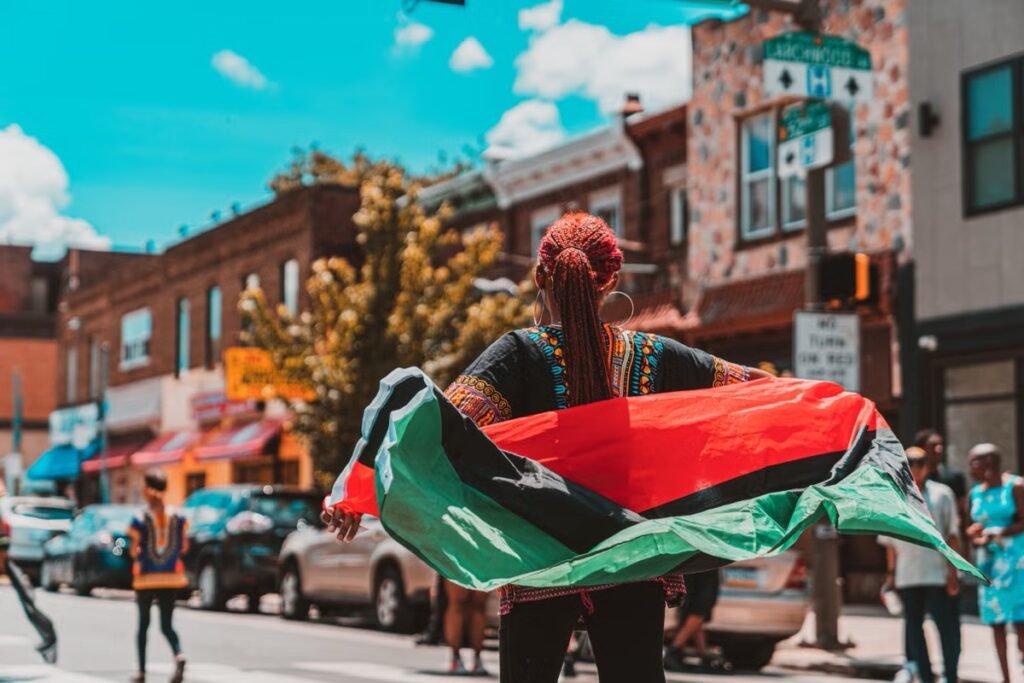Blogs
- by Adminneigh
Juneteenth: Celebrating Freedom and Culture

Juneteenth, also known as Freedom Day or Emancipation Day, is a holiday that commemorates the end of slavery in the United States. It holds significant historical and cultural importance, marking the day when Union soldiers arrived in Galveston, Texas, on June 19, 1865, and announced that all enslaved African Americans were officially free. This momentous occasion came two and a half years after President Abraham Lincoln signed the Emancipation Proclamation, which declared all slaves in Confederate states to be free.
The historical legacy of Juneteenth is deeply rooted in the struggles and triumphs of African Americans. It is a time to celebrate freedom, unity, and the achievements of African Americans. The holiday serves as a day of reflection, education, and empowerment, allowing individuals to honor the contributions that African Americans have made to society.
Significance and Growth of Juneteenth
Since its inception, Juneteenth has grown in popularity and significance. It is now recognized as a state holiday in 47 states and the District of Columbia. Notably, in 2021, Juneteenth was officially recognized as a federal holiday, marking the first new federal holiday to be established in nearly four decades. This federal recognition underscores the increasing importance and widespread observance of Juneteenth across the United States.
Juneteenth celebrations are diverse and vibrant, often featuring parades, festivals, cookouts, music, and dance. These festivities provide communities with an opportunity to come together, learn about African American history, and celebrate the resilience and strength of the Black community. It is a time for people to engage in remembrance, education, and inspiration for change.



Historical Context and Emancipation
The historical context of Juneteenth is rooted in the post-emancipation period known as Reconstruction (1865-1877), which marked an era of great hope, uncertainty, and struggle for the nation as a whole. The delayed announcement of freedom in Texas and the subsequent celebrations by the newly freed people signify the enduring spirit of resilience and determination in the face of adversity.
The delayed enforcement of the Emancipation Proclamation in Texas serves as a poignant reminder of the complexities and challenges surrounding the abolition of slavery in the United States. Despite the proclamation’s issuance in 1863, its implementation in places still under Confederate control, such as Texas, was delayed. The arrival of Union troops in Galveston on June 19, 1865, finally brought the long-awaited news of freedom to the enslaved population in the state.
Looking to the Future
As we commemorate Juneteenth, it is essential to remember the struggles of the past and work towards a more just and equitable future for all. The holiday provides an opportunity to honor the legacy of those who fought for freedom and to continue striving for a world where all people are treated with dignity and respect. Juneteenth is not merely a day of celebration; it is a day of remembrance, learning, and a catalyst for inspiring positive change in society.
Traditional Foods: Traditional Juneteenth foods include barbecue, red foods and drinks (such as red soda, strawberry soda, or red velvet cake), and soul food. These foods are often served at Juneteenth celebrations and gatherings.

Music and Dance: Music and dance are an integral part of Juneteenth celebrations. Traditional genres like blues, jazz, and gospel music are often played, and people gather to dance and sing.

A Growing Celebration: Juneteenth is becoming increasingly recognized as a federal holiday in the United States. In 2021, President Joe Biden signed the Juneteenth National Independence Day Act, making June 19th a federal holiday.
Fun Facts for Kids
- Juneteenth is like a big birthday party: It’s a celebration of freedom and community, and people come together to have fun, eat good food, and enjoy music and dance.
- Red is a special color: In Juneteenth celebrations, red foods and drinks are often served to symbolize the struggles and resilience of African Americans.
- Juneteenth is a time for reflection: It’s a day to think about the past and how far we’ve come, and to celebrate the freedom and opportunities we have today.
Ideas for Celebrating Juneteenth
- Cooking and Food: Prepare traditional Juneteenth foods like barbecue or red velvet cake with your kids.
- Music and Dance: Play traditional Juneteenth music and have a dance party with your kids.
- Art Projects: Create art projects that reflect the themes of freedom, community, and culture.
- Storytelling: Share stories about the history and significance of Juneteenth with your kids.
In conclusion, Juneteenth stands as a powerful testament to the enduring spirit of resilience, unity, and the ongoing pursuit of freedom and equality in the United States.

